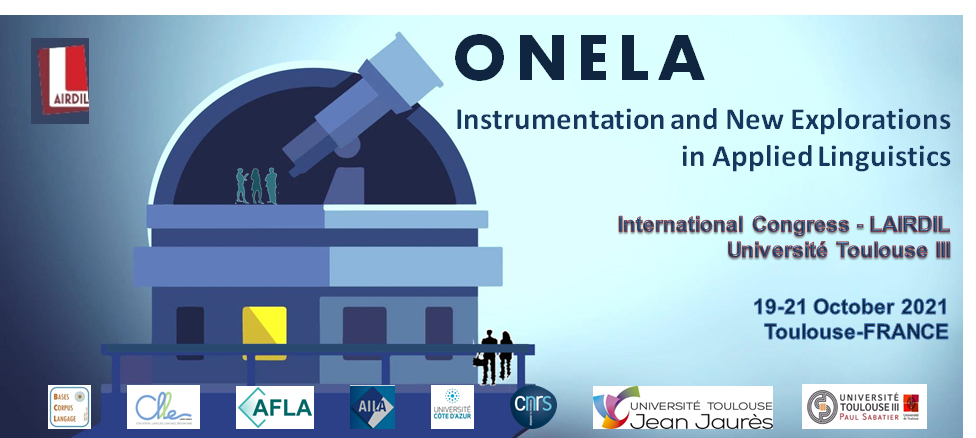
The conference > Plenary speakers
▼Béatrice DAILLENLP and Equipped Linguistics Béatrice Daille has been a professor at the University of Nantes and a member of LS2N (Laboratoire des Sciences du Numérique de Nantes) since 2002 . She was in charge of the Automatic Processing of Traditional Languages team from 2002 to 2016. Her research focuses on the automatic analysis of speciality texts in monolingual or multilingual contexts. She is particularly interested in the detection of terms, collocations and their variants in the specialized texts presented in her monograph published in 2017 by Benjamins. She is currently the director of the network of research teams at INS2I of the CNRS working on automatic language processing. She is associate editor of the International Journal of theoretical and Applied Issues in Specialized Communication (Terminology). ▼François GRINTravelling between disciplines : a case study about an observatory on economy-language-training François Grin, Professor of Economics at the Faculty of Translation and Interpretation (FTI) of the University of Geneva, heads the Observatoie Économie-Langues-Formation (www.elf.unige.ch). After a PhD in economics at the University of Geneva, he was a visiting researcher at the University of Montreal, at the University of Washington in Seattle, and then head of research projects at the University of Geneva. He served as Vice-Director of the European Centre for Minority Issues (ECMI), Germany, and then as Deputy Director of the Educational Research Service (SRED) of the Canton of Geneva. François Grin has specialized in the economics of languages and the economics of education. He is the author of numerous publications and has led several research projects in language policy, for scientific bodies, NGOs, international, national or regional organizations (Switzerland, France, Ireland, Australia, New Zealand). His current research interests include the selection, design and evaluation of language policies as public policy and the measurement of the links between plurilingualism and creativity. Active in various bodies of the French-speaking world, he chairs the Swiss Delegation for the French Language (DLF). He was a member of the Scientific Council of the Agence universitaire de la francophonie (AUF). He is currently a member of the Scientific Council of the Observatoire de la Francophonie Economique (OFE) and of the Observatoire de Langue Française of the OIF. He is an officer of the Ordre des Arts et des Lettres. ▼Bryan SMITHTechnology-enhanced language teaching and learning in a post-COVID world: Challenges and Opportunities Bryan Smith is Professor of Applied Linguistics in the Department of English at Arizona State University, where he directs the Graduate Certificate in Computer-Assisted Language Learning (CALL). He is co-editor of the CALICO Journal and serves on the editorial advisory boards of Language Learning & Technology, Computer Assisted Language Learning, and the EuroCALL Review. He conducts research at the nexus of CALL and instructed SLA and has focused on topics such as learner interaction, learner attention to form, the effects of teacher corrective feedback, and learner alignment during task-based interaction. His current work focuses on task-based learner-learner multi-modal interaction via mobile devices and learners’ incidental focus on form. He regularly employs methods and techniques such as eye-tracking that capture learner process data. His published research has appeared in journals such Annual Review of Applied Linguistics, Applied Linguistics, CALICO Journal, Computer Assisted Language Learning, Computers in Human Behavior, Language Learning & Technology, TESOL Quarterly, The Modern Language Journal, Studies in Second Language Acquisition, System, among others. |
| Online user: 1 | Privacy |

|



